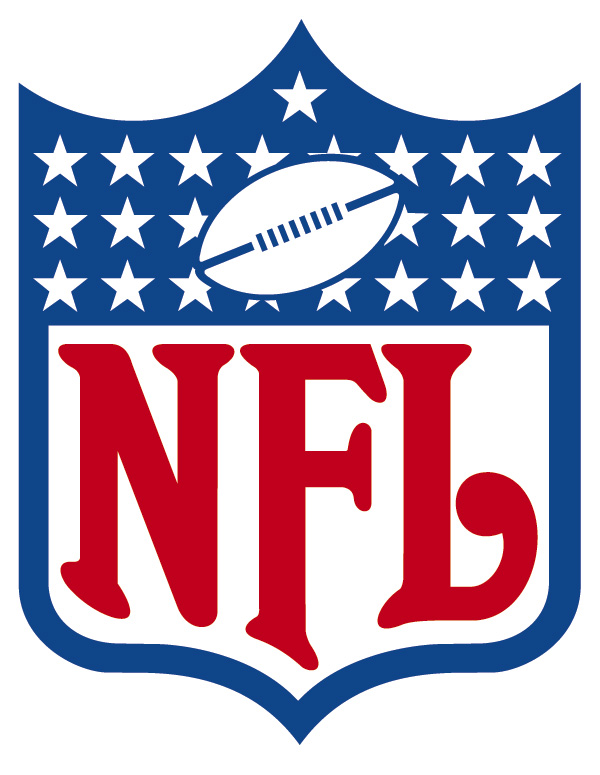Through all of the controversies, the cries of hypocrisy, the accusations of corruption, and the threats of boycotting a game that no longer resembles what old school fans once called football, the fact of the matter is that the NFL is as popular and profitable as ever. In fact, the league continues to post record profits, with new television deals having kicked in this past season setting a soaring new high water mark in that department.
According to Darren Rovell of ESPN, each team took away a share of $226.4 million from revenue sharing as part of the fiscal year of 2014. This information was gathered via the public records of the Green Bay Packers, who are the only publically owned franchise in the league.
A one-thirty-second share takeaway of $226.4 million translates to a full pie value in excess of $7.2 billion, as Rovell reports, which is an increase of more than $1 billion from the pot available to each team for the fiscal year of 2013.
A slew of new television deal, many worked out years in advance, with networks such as ESPN, NBC, CBS, and Fox came into effect for the 2014 season, dramatically increasing the revenue share available to the league as a whole, and thus to each individual team.
Just five years ago, Rovell writes that the revenue share total amounted to only about half of the slightly more than $6 billion posted in 2013. The amount has gone up 120 percent over the course of the past 11 years, adjusted for inflation.
Clearly, Roger Goodell is doing something right. Right?
Right?
While ‘true’ fans of the game may despise Goodell as the commissioner of the league and insist that he is ruining the game, outside of the immediate sphere of influence of the football world, Goodell the businessman has spearheaded the largest and broadest expansion of the game’s product in its history.
Part of that strategy has, indeed, been to complete these new television contracts in order to bring a greater amount of football games into the average household on a weekly basis, with Thursday Night Football—for what it’s worth—being the flagship primetime slot project, and ambitions for more.
The league office, and many team owners, have even tried to push for an expansion of the regular season by two games, which would obvious increase revenue, with 32 more games per season for which to sell tickets, which networks get to broadcast. But this hope seems to have been put on the back burner for now.
Perhaps no single factor can better account for the game’s current popularity, however, that the explosion of fantasy football, in which the league has bought wholeheartedly, featuring programs on their network specifically geared toward fantasy football.
All of this has led to record profits for executives, owners, and eventually, coaches and players, as the salary cap expands on a yearly basis that is not wholly in proportion to the league’s actual revenue stream. But as long as profits continue to rise, it figures, so too will players’ salaries.








